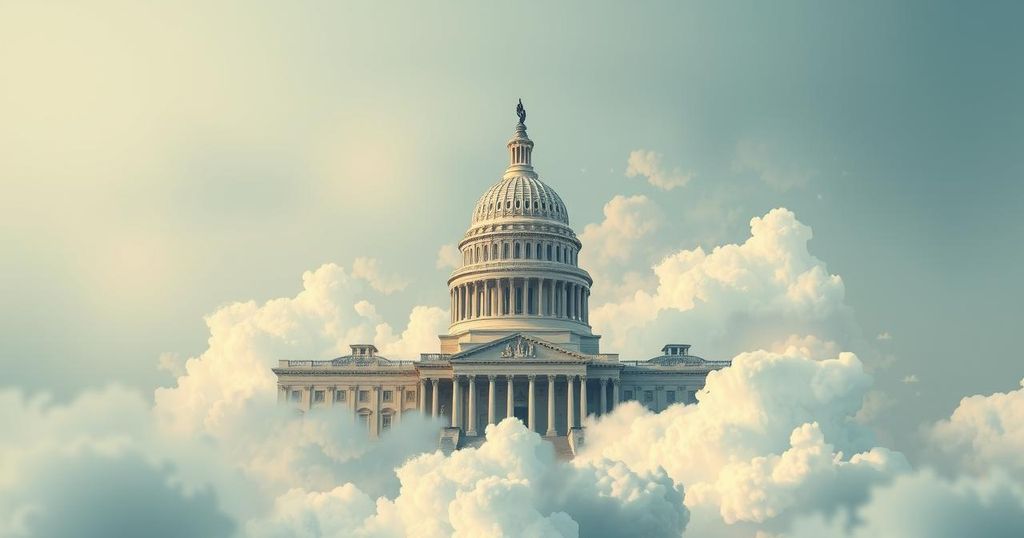Following disappointing election results, the German Green Party, led by Robert Habeck and Annalena Baerbock, faces a shift to opposition status. The Greens garnered only 11.61% of votes, down from 14.8% in the last election. Issues such as immigration positions and coalition strategies impacted their voter appeal. Adapting to a new role in opposition comes amid shifts in the political landscape, dominated by the CDU/CSU and SPD.
In the aftermath of the Bundestag elections, German Green Party leaders Robert Habeck and Annalena Baerbock expressed visible disappointment as they met with journalists in Berlin. The Greens received only 11.61% of the votes, a decline from their 14.8% in the previous election, resulting in their shift from coalition partners to the opposition. This new political landscape is expected to favor a coalition between the conservative Christian Democrats (CDU/CSU) and the center-left Social Democrats (SPD).
As the current government remains in place until CDU leader Friedrich Merz is sworn in as Chancellor, the Green Party faces a diminished role in policymaking. Habeck, who previously led the Greens in the election, rejected the notion that his campaign was flawed, asserting the party’s positioning was favorable. However, he has stepped back from leadership roles and indicated his resignation from future prominent positions within the party.
Baerbock has remained silent regarding her future ambitions while both she and Habeck continue their roles in the new Bundestag. Habeck’s previous openness to a CDU/CSU coalition may have alienated potential voters, according to co-leader Felix Banaszak. Additionally, the party’s shift towards tougher immigration rhetoric may have further deterred voters, contributing to a significant loss of support.
Despite internal frustrations, the Green Party’s performance reflects the challenges faced during their coalition with the SPD and the Free Democrats (FDP). Co-leader Britta Hasselmann noted the achievements made, specifically in renewable energy expansion and citizenship reform, despite the coalition’s contentious nature. As the opposition, the Greens will encounter difficulties adapting to their new role in a radically altered political scenario driven by external influences.
The Greens’ participation in potential coalition discussions with the CDU/CSU and SPD appears highly unlikely, although strategic cooperation could arise, particularly if Merz requires support to reform Germany’s strict debt rules. The Greens have expressed their willingness to engage in constructive dialogue regarding fiscal reform, even as they are poised to leave governmental influence in a matter of weeks.
The Green Party’s disappointing election results have relegated them to opposition status, raising questions about their future role in German politics. Their focus on issues like immigration and potential coalitions may have negatively impacted voter support, signaling a need for recalibration. With the CDU/CSU likely to lead the next government, the Greens will need to adjust to a restrictive political environment while looking for opportunities to influence important legislative changes, particularly regarding fiscal policies.
Original Source: www.dw.com




